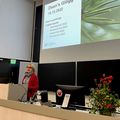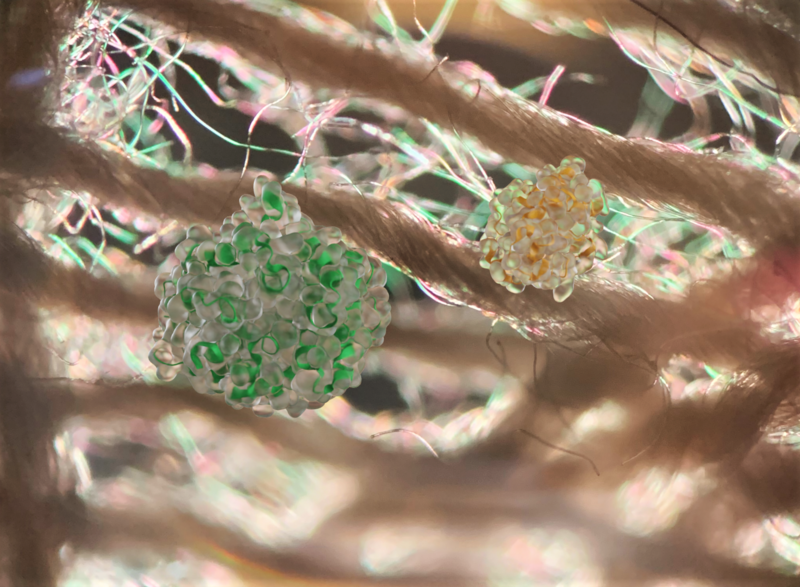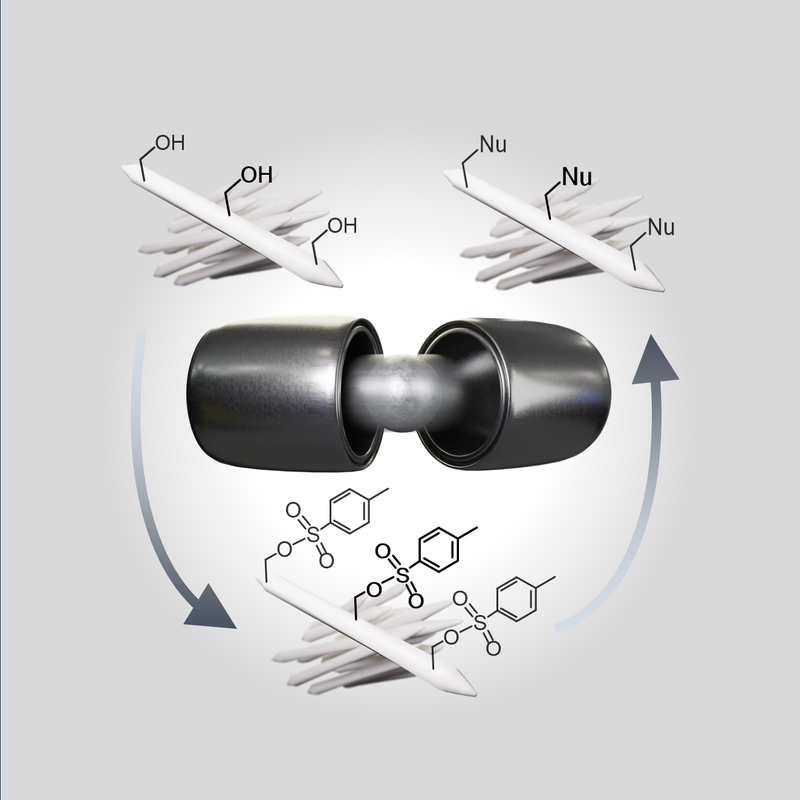Synthesis Technologies

Mechanochemistry and accelerated aging are solid-state synthetic approaches, which help avoid or minimize the use of solvents in chemical processing. This allows us to avoid the hazards and waste related to heating and recycling of solvents, leading to greener and safer chemical reactions.
SynTe group research explores how to use these solid-state methods to efficiently make and modify insoluble materials, such as cellulose, synthetic polymers and pigments, which require harsh reaction conditions and toxic solvents to bring into solution.
Our research focus is on:
- Solvent-free modification of cellulose nanomaterials
- Enzymatic transformation of biological and synthetic polymers
- Green organic synthesis
News
Get to know us: Assistant Professor Sandra Kaabel
In this interview we got to know more about Assistant Professor Sandra Kaabel.

Chem Awards 2022 are chosen
The School of Chemical Engineering rewards outstanding individuals and teams during the year.

A greener route to blue – a new method drastically reduces the amount of solvent needed to produce widely used organic dyes
Phthalocyanines dyes can be produced with solid-state synthesis instead of high-boiling organic solvents.

Five new Marie Curie fellows join Aalto
The prestigious research grants supports international researchers to travel abroad to work.

SynTe people
Open positions at SynTe
PhD Students: No funded positions at the moment. Open positions will be advertised here.
PostDoc: No funded positions at the moment. However, if you are interested in applying for your own research funding and want to work in our group, contact Sandra.








